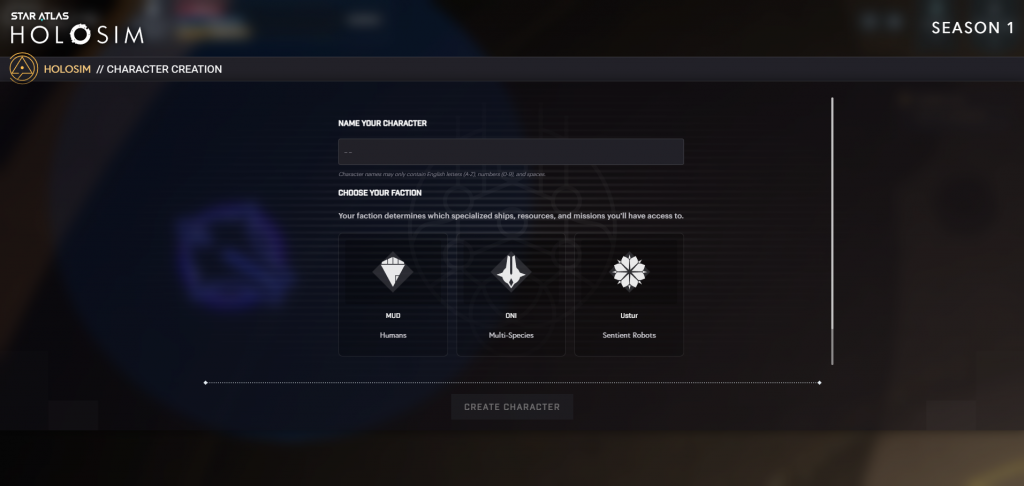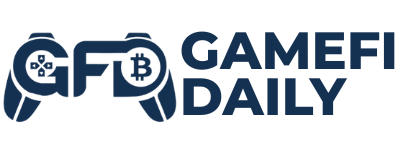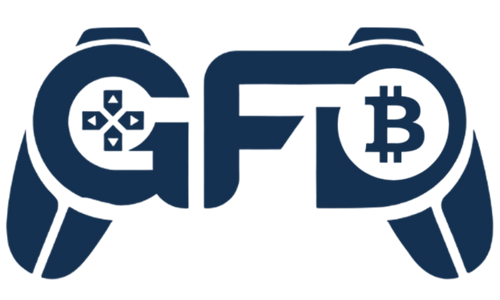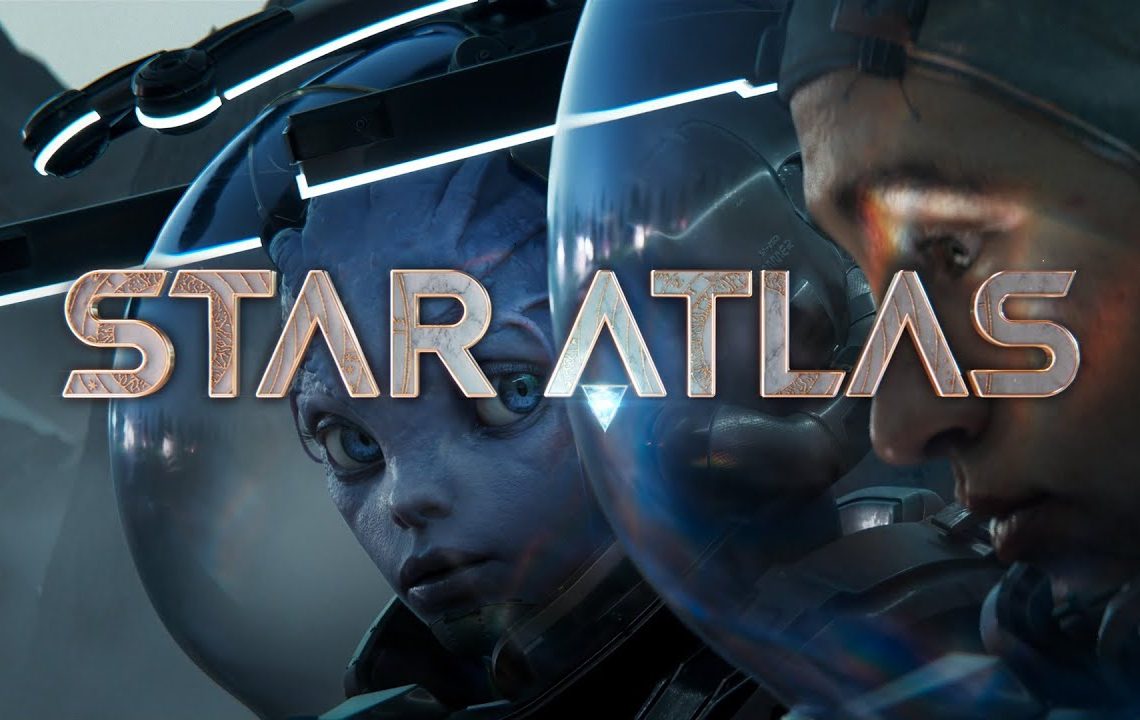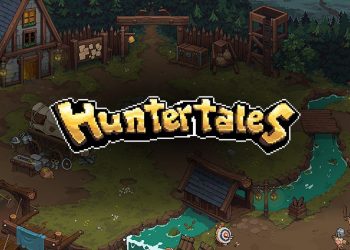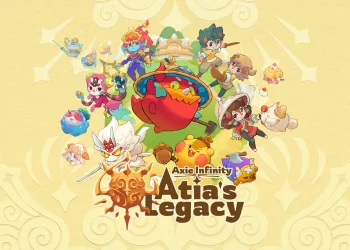Star Atlas is undoubtedly a highly ambitious blockchain game developed on the Solana network. By combining the best of both worlds, namely high-end visual technologies like Unreal Engine 5 and web3 features such as transparency and digital ownership, they have successfully come up with a brand new gameplay concept, which is as fascinating as revolutionary. For players curious about its tokens, economy, and future, Star Atlas offers a unique blend of gameplay and blockchain innovation.
The World of Star Atlas
The story sets the game in the year 2620, inside a galaxy named Galia. Here, the three factions fight over supremacy: MUD, the community of humans; ONI, the co-operation of the different alien species; and Ustur, the artificially intelligent android race. Players first select a faction and then perform various jobs such as exploration, mining, crafting, trading, and fighting. While in usual MMOs, ships, crews, and lands are just in-game properties, in Star Atlas, they are NFTs, so players have actual ownership over them.
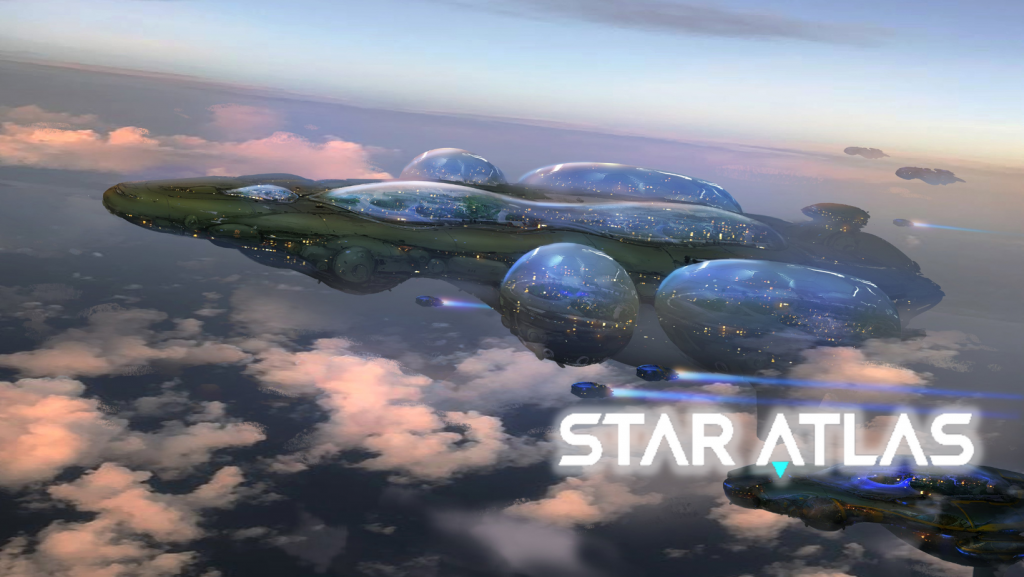
Gameplay
Star Atlas already has several active modules that give players different ways to experience the metaverse:
- SAGE (Star Atlas Golden Era): A fully on-chain 4X strategy game playable in a web browser. Players can move fleets, mine resources, craft equipment, transport goods, and register battles, among many other activities. The system digitally signs every interaction and stores it on the blockchain.
- Holosim: A free-to-play combat simulation module where players challenge their abilities in ship-to-ship conflicts. It is a platform for the students of mesh of ships and arms who want to test their performance before large battles without wasting resources.
- Galactic Marketplace: A trading hub for NFTs such as ships, crew, and materials. Transactions happen using ATLAS or USDC.
- Fleet Rental: A method where the owners of ships can rent their fleets to other users. Players turn idle assets into earning power and let new players access the game without buying tokens directly.
Together, these modules provide different play styles like strategic resource management in SAGE, action combat in Holosim, trading through the marketplace, and asset utility via rentals. While the full Unreal Engine 5 experience is still in development, these systems form the foundation of Star Atlas’s gameplay today.
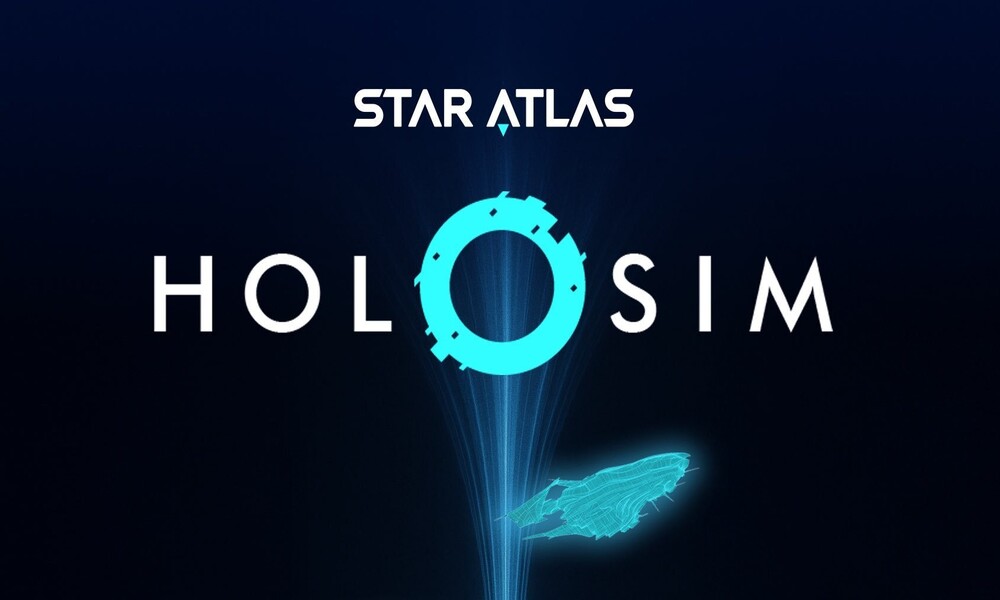
What are $ATLAS and $POLIS?
Their economy is based on two tokens, each with its respective use cases.
- $ATLAS – The in-game currency. Players will use $ATLAS to buy ships, crew, fuel, consumables, and upgrades. You earn $ATLAS by participating in various activities like the full production cycle of mining and combat. The maximum supply is 36 billion. $ATLAS is an inflationary token, but there will also be built-in sinks, such as repairs and fees, to help mitigate inflation and stabilize the economy.
- $POLIS – The governance token. $POLIS holders can vote on proposals in the Star Atlas Decentralized Autonomous Organization (DAO). Governance activities in the DAO will determine economic parameters, faction governance, and long-term development of the ecosystem. $POLIS has a maximum supply of 360 million tokens. Staking or locking $POLIS will unlock governance participation and help inform the development of the Star Atlas ecosystem.
This dual-token model separates day-to-day gameplay utility from governance, giving Star Atlas both a functional economy and a community-driven decision-making structure.

How to Start Star Atlas?
Getting started with Star Atlas is simple. Here is your step-by-step guide:
- Set up a wallet – Download a Solana-compatible wallet such as Phantom and add some SOL to cover small transaction fees.
- Enter the modules – Begin with Holosim, which is free to play and lets you try ship combat immediately. Once comfortable, you can expand into other features like SAGE and fleet rentals.
- Explore the marketplace – Browse ships, crew, and other NFTs that you can buy or rent to strengthen your gameplay experience.
- Join their social channels – Follow Star Atlas on Discord, Twitter, and other platforms to stay updated on new releases, community events, and governance proposals.
